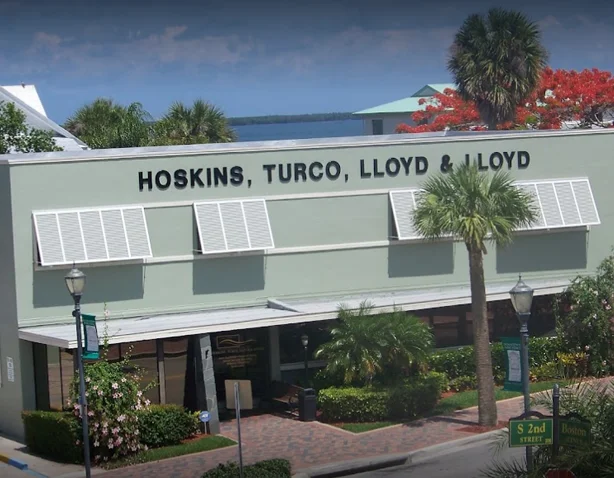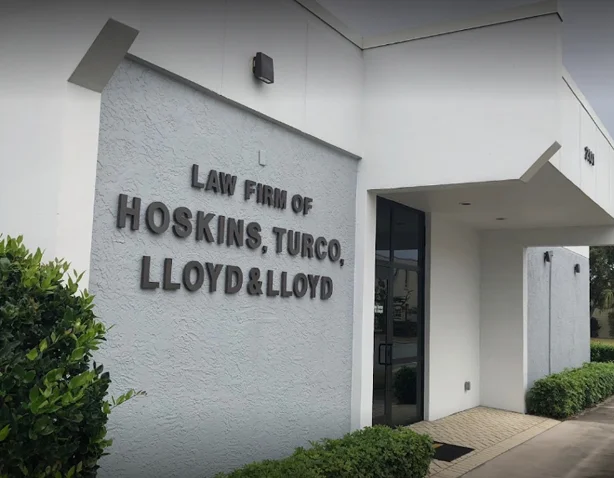The holiday season is in full effect, and it’s the perfect time to host friends and family for parties and
Premises Liability Posted on May 08, 2015
In 2014, 114 people in Florida died in home fires, and almost half of these homes did not have working smoke detectors. As of January 1, 2015, a new law went into effect that requires Florida homeowners without hard-wired smoke detectors to install ten-year sealed battery smoke alarms. The mandatory lithium batteries have extended operating efficiency, and the batteries cannot be tampered with or changed once placed inside the smoke detector.
Although Florida’s new law will hopefully reduce the number of home fire-related injuries and fatalities, the law should have gone one step further: to mandate the use of both ionization and photoelectric fire alarms in each house. Ionization smoke alarms are the most prevalent type of alarm installed in most homes throughout the country, yet the alarm has a defective design that cannot be relied upon to timely warn consumers of a fire.
The difference between ionization smoke alarms and photoelectric smoke alarms lies in the types of fire the devices detect. Ionization smoke alarms use a small number of radioactive elements to recognize smoke particles. These alarms are more efficient and effective in responding to fast flaming fires, such as cooking fires or fires fueled by paper or flammable liquids. Photoelectric smoke alarms contain a light source that scatters when smoke particles enter the detection chamber. These alarms typically respond faster to smoldering fires, which usually occur at night when people are asleep.
Ionization smoke alarms have been proven to detect fast-flame fires slightly faster than photoelectric alarms, but they take drastically longer to detect smoldering fires. The National Institute of Standards and Technology conducted tests that found ionization alarms to take an additional 12-30 minutes to detect smoldering fires than photoelectric alarms, and ionization alarms only detected fast-flaming fires 45 seconds sooner than photoelectric alarms.
The disparities in detection time suggest each home should be equipped with both ionization and photoelectric smoke alarms. The new Florida law does not specify which type of alarm families should use in their homes, but juries in at least two cases have found ionization smoke alarms to be insufficient in warning occupants of smoldering fires (Mercer v. Pittway Corp and Hackert v. First Alert, Inc.) And, as most homes are installed with only ionization alarms, counsel investigating any home fire case should determine whether a failure of an ionization alarm to timely sound contributed to the plaintiff’s damages.
The causes of action against a smoke alarm manufacturer are well known to most lawyers. You allege product liability, negligence, and wantonness. However, you should also consider a breach of warranty and failure to warn. An experienced attorney best handles residential fire cases involving defective smoke detectors. If you or a loved one has been the victim of a residential fire caused or exacerbated by a missing or defective smoke detector, contact us today for a free consultation.
Stephen P. Hoskins
Board Certified Civil Trial Lawyer
Toll Free: 1-866-460-1990; After Hours: 1-772-359-0342
The holiday season is in full effect, and it’s the perfect time to host friends and family for parties and
Summertime means sunshine, pool parties, and barbecues. It also means spending more time at the playground. While playgrounds offer excitement
With school out for summer and temperatures hovering in the nineties, many Floridians are spending more time at the pool.

Phone: (772) 344-7770
Fax: (772) 344-3838

Phone: (772) 464-4600
Fax: (772) 465-4747

Phone: (772) 577-7551
Fax: (772) 794-7773

Phone: (863) 357-5800
Fax: (863) 763-2237
As the law firm Florida has trusted for over 40 years to fight on their behalf, we are more than ready to represent you. Put our experience and reputation to work. If you need help with any legal matter, whether it’s a personal injury, workers’ compensation, disability or bankruptcy case, contact us now. The consultation is absolutely free.
Get the answers you need. We’ll review your case today, for free.
"*" indicates required fields